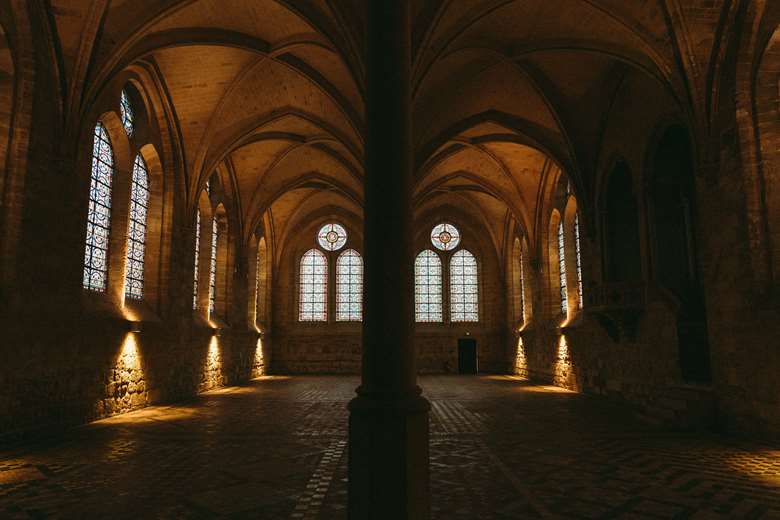Réseau Européen de Musique Ancienne: conference report
Simon Mundy
Tuesday, November 24, 2020
Simon Mundy reports on the online conference of the Réseau Européen de Musique Ancienne (REMA), which ran from 20-22 November

Two topics dominated the annual conference of the Réseau Européen de Musique Ancienne (REMA) over the weekend (20 -22 November 2020) and they intertwined: mobility and sustainability. The conference, held jointly with the European Association of Conservatoires (AEC) and the International Institute for Musicology, was meant to have taken place in the Palais de Beaux Arts in Brussels (BOZAR) and be an on stage celebration of REMA's 20th anniversary but, in one of the toughest weekends of the year for COVID restrictions, nobody was going anywhere. The conference became three days of continuous webinars accessed from home.
Mobility could not help be on everyone's minds, largely because at present there isn't any. However the issue is wider than the opportunities for travel. This year's problems have given promoters, ensembles and festivals an enforced chance to re-evaluate their working practices and even what they regard as success. That in turn throws up questions about how musical life is funded and what should be asked for from cities, governments and European programmes.
Sustainability also came in many forms. There were discussions about how to sustain a career from the first excitement of discovery and ensemble formation, through finding recording labels able to look beyond one project, and new ways of touring, to ensuring there are enough high quality reproductions of early keyboard instruments to meet the demand. The last was a session held from the workshops of some of the world's best known restorers, discussing training and whether rare instruments should be used in performance or only for reference.
Bernard Foccroulle, organist and former director of the Aix-en-Provence Festival, argued for more residencies, with artists staying put in one area for at least a week or the duration of a festival. The notion of sustainability was also used to describe how to survive the fashions in performance style through a career, what indeed the term career should mean, and in lifestyle choices for musicians worried about climate change.
REMA Awards were given to Vincent Dumestre, a pioneer of early music theatre performance and founder of Le Poème Harmonique, based in Rouen, Normandy, and Jérome Lejeune, the viola da gamba player who started the Ricarcar label 40 years ago. Video showcase opportunities were given to five emerging ensembles: Consone, Postcript, La Petite Ecurie, Lux Musicae and Pocket Sinfonia, with specialities ranging from early sacred music to an oboe band and classical symphonies rearranged for string trio and flute.